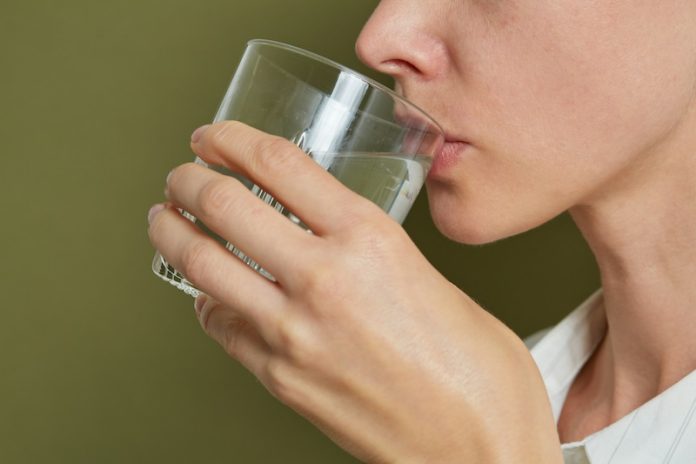
Staying hydrated plays a crucial role in maintaining a healthy body, but did you know it can also help in managing high blood pressure?
This article dives into the importance of hydration for keeping blood pressure in check, backed by research evidence.
High blood pressure, or hypertension, affects millions worldwide and is a leading risk factor for heart disease, stroke, and kidney problems.
It occurs when the force of your blood against the walls of your blood vessels is too high consistently.
While factors like diet, exercise, and genetics play a role in hypertension, hydration is an often-overlooked element that can have a significant impact.
Water is essential for life. It makes up about 60% of the human body and plays a key role in every bodily function, including the circulation of blood. Proper hydration helps your blood vessels to work better and more efficiently.
When you’re dehydrated, your body tries to conserve water by increasing sodium retention, which can raise blood pressure. Additionally, dehydration forces your body to tighten its vessels, making it harder for the heart to pump blood.
Research evidence supports the link between hydration and blood pressure control. A study published in the European Heart Journal found that people who drank more water had a lower risk of developing hypertension.
Another research piece in the Journal of the American Society of Nephrology highlighted that proper hydration can reduce the risk of chronic kidney disease, which is closely linked to hypertension.
Drinking sufficient water helps maintain a healthy balance of electrolytes, such as sodium and potassium, which are crucial for regulating blood pressure. Potassium, especially, helps to lessen the effects of sodium in the body.
By staying hydrated, you’re not only helping your heart pump blood more efficiently but also supporting kidney function, which in turn helps to control blood pressure by managing fluid and electrolyte balance.
So, how much water should you drink to help control high blood pressure? While the “8 glasses a day” rule is a good starting point, the exact amount can vary depending on factors like age, weight, climate, and physical activity levels.
Listening to your body and drinking water consistently throughout the day is a good practice. Keep an eye out for signs of dehydration, such as thirst, dry mouth, dark-colored urine, and fatigue.
It’s not just about drinking water, though. Foods high in water content, such as fruits and vegetables, also contribute to hydration.
Incorporating water-rich foods like cucumbers, tomatoes, watermelons, and oranges into your diet can help boost your hydration and provide essential nutrients that support overall health, including blood pressure management.
In conclusion, while staying hydrated might seem like a simple piece of health advice, its impact on blood pressure and overall cardiovascular health is significant.
By making a conscious effort to drink enough water and consume water-rich foods, you’re taking a simple yet effective step towards controlling high blood pressure.
Remember, managing hypertension is a multifaceted approach that includes diet, exercise, and lifestyle changes. Adding adequate hydration to this mix can enhance your efforts, supporting a healthier heart and a better quality of life.
So, the next time you reach for a drink, remember that you’re not just quenching your thirst—you’re also helping to quench your pressure.
If you care about high blood pressure, please read studies about potatoes and high blood pressure, and top 10 choices for a blood pressure-friendly diet
For more information about high blood pressure, please see recent studies about impact of vitamins on high blood pressure you need to know, and the powerful link between high blood pressure and a potassium-rich diet.
Copyright © 2024 Knowridge Science Report. All rights reserved.



